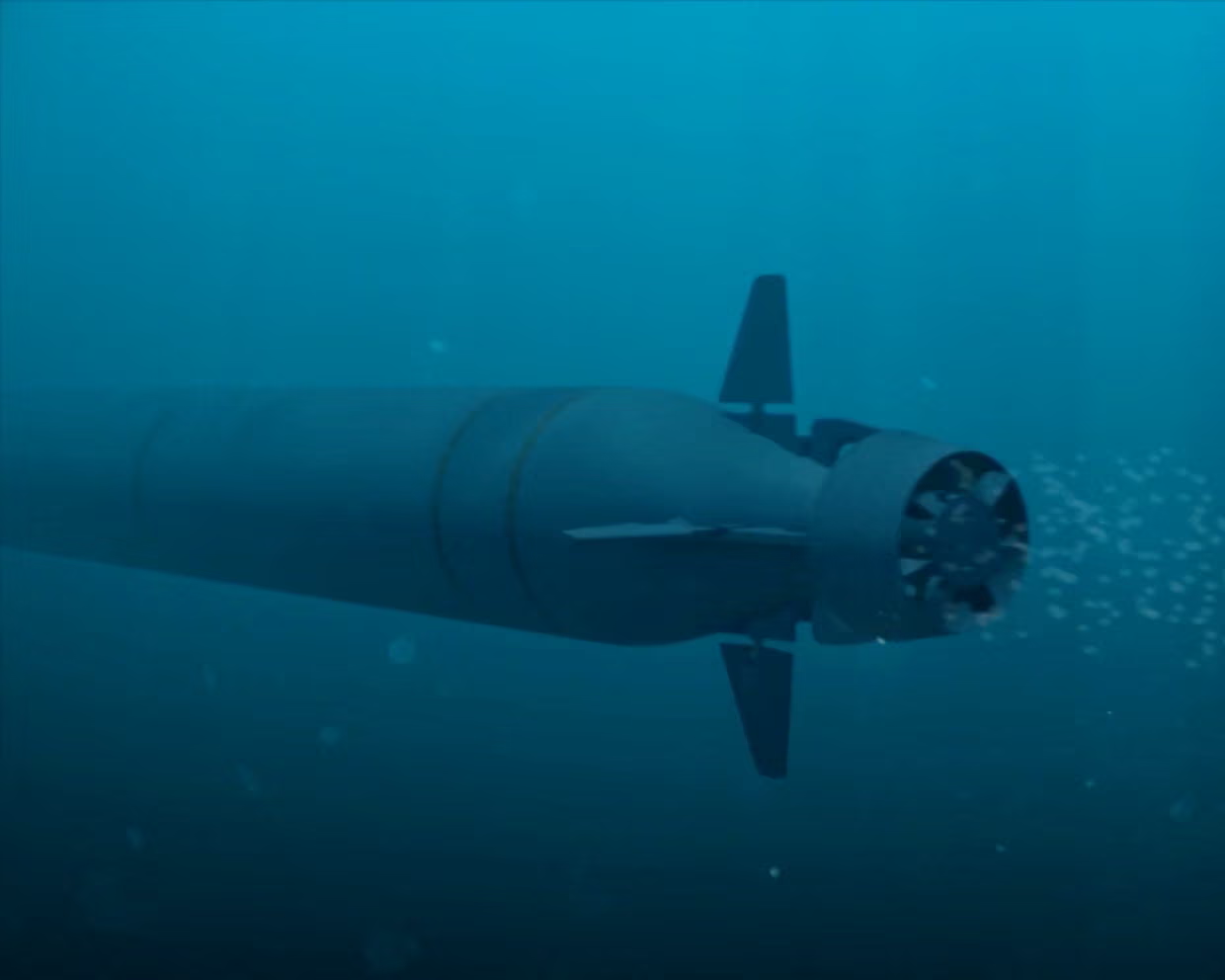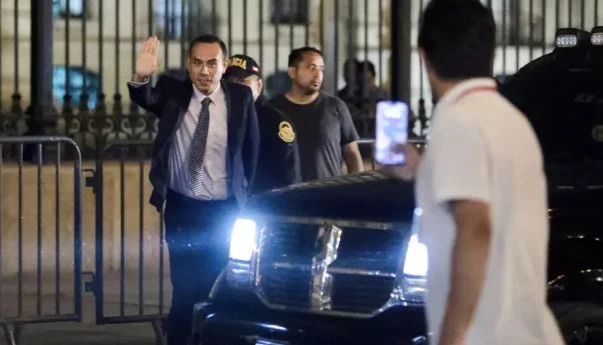Russian President Vladimir Putin announced on Wednesday that Russia successfully tested a Poseidon nuclear-propelled torpedo-drone. The weapon is capable of carrying a nuclear warhead and a radioactive engine, which experts say could trigger a tsunami to make coastal cities uninhabitable.
The Poseidon is launched from a submarine like a traditional torpedo but can loiter underwater before delivering its nuclear payload. Putin called the test a “huge success,” claiming its power surpasses Russia’s Sarmat intercontinental missile. Earlier this week, he also highlighted the Burevestnik missile, described by critics as a “flying Chernobyl” due to its radioactive propulsion.
Meanwhile, fighting in eastern Ukraine has intensified. Russian forces attempted to encircle the city of Pokrovsk, with about 11,000 troops deployed in the area. Ukraine’s military rejected claims that Pokrovsk and nearby Kupiansk were surrounded, stating supply lines remain intact.
President Volodymyr Zelenskyy described the frontline along 1,250 km (775 miles) as extremely active, with the heaviest combat near Pokrovsk. Ukrainian forces maintain control around Kupiansk and continue defending their positions.
Open-source analysts reported that Russia had disrupted a logistics route to nearby Myrnohrad using ambushes and drone attacks. Russian troops were exploiting gaps in Ukrainian defenses amid poor weather conditions.
A Russian strike on a children’s hospital in southern Ukraine wounded at least nine people, including four children. Zelenskyy condemned the attack, noting that the location of the hospital was clearly identifiable.
The death toll from a 22 October blast at a military factory in Kopeysk, central Russia, rose to 23 after rescue operations. Authorities have not disclosed the cause of the explosion.
In other news, former Ukrenergo chief Volodymyr Kudrytsky was ordered to remain in detention over alleged misappropriation of state funds from 2018. Ukrainian anti-corruption officials described the case as politically motivated.
In Russia, 18-year-old anti-war performer Diana Loginova, known as Naoko, was sent back to jail after additional convictions. Human rights monitors note that Russian authorities have used minor charges to keep opposition figures in continuous detention, and public criticism of the war is rare.







